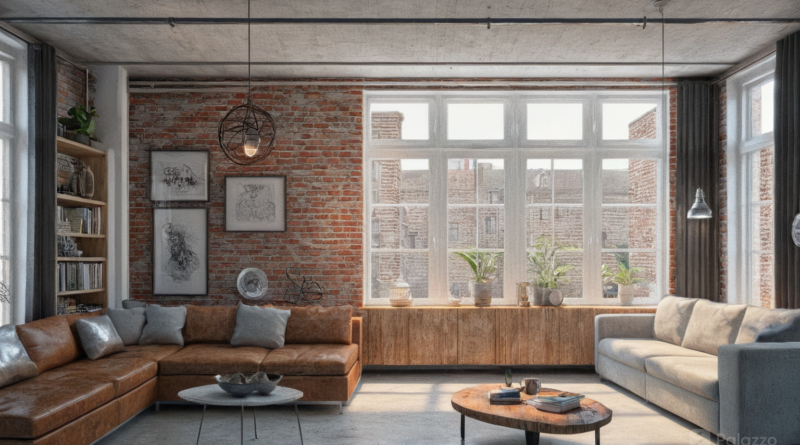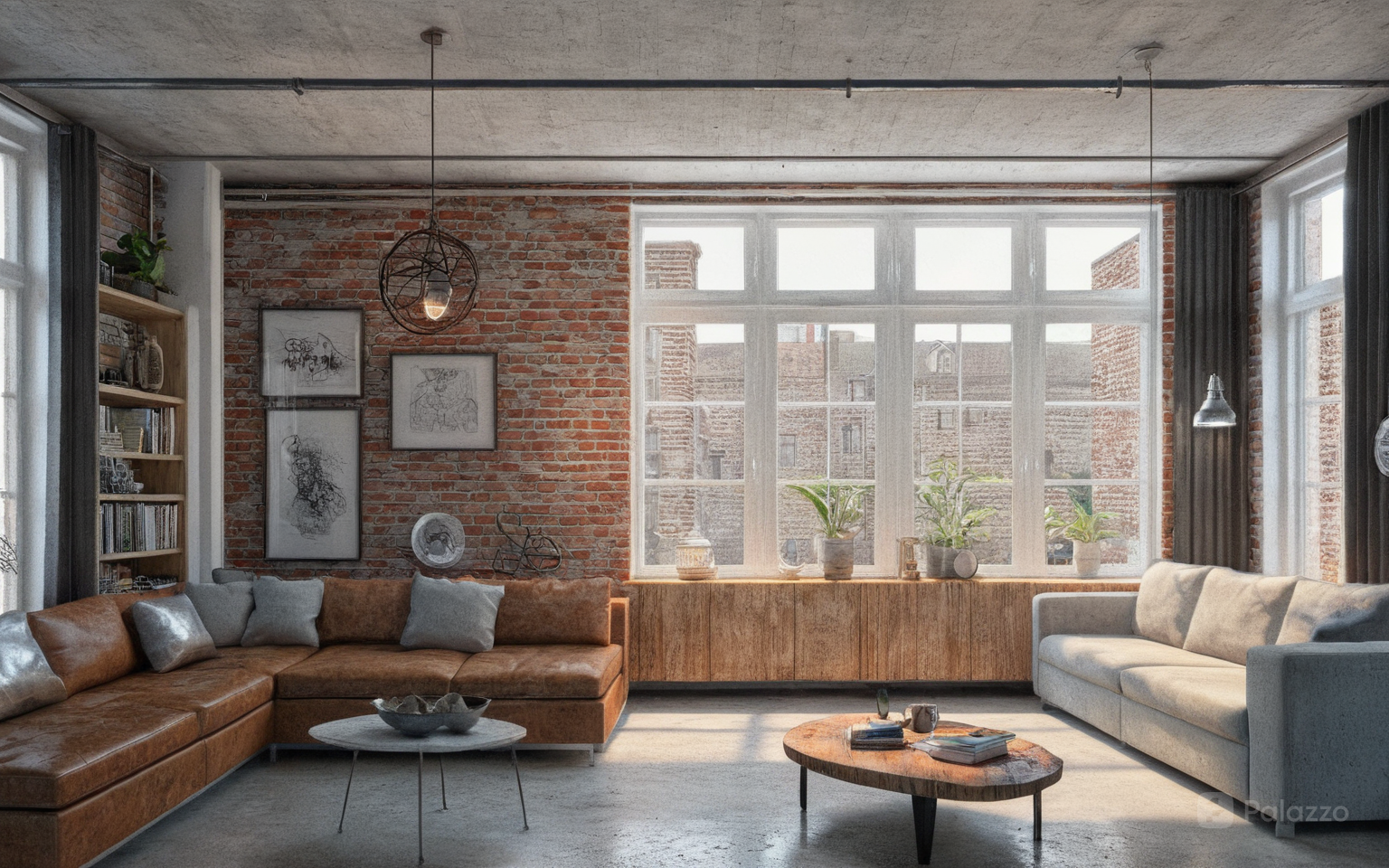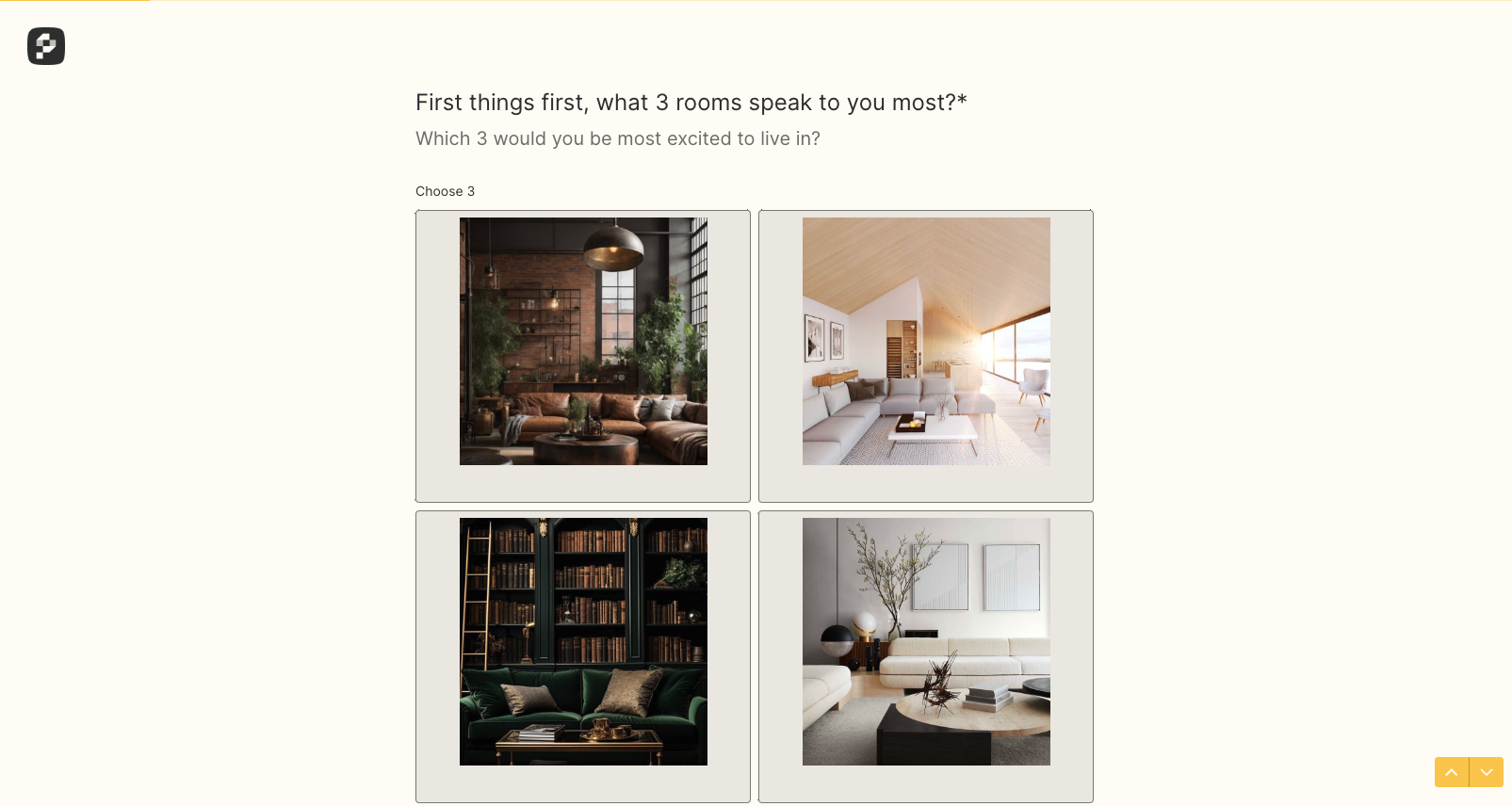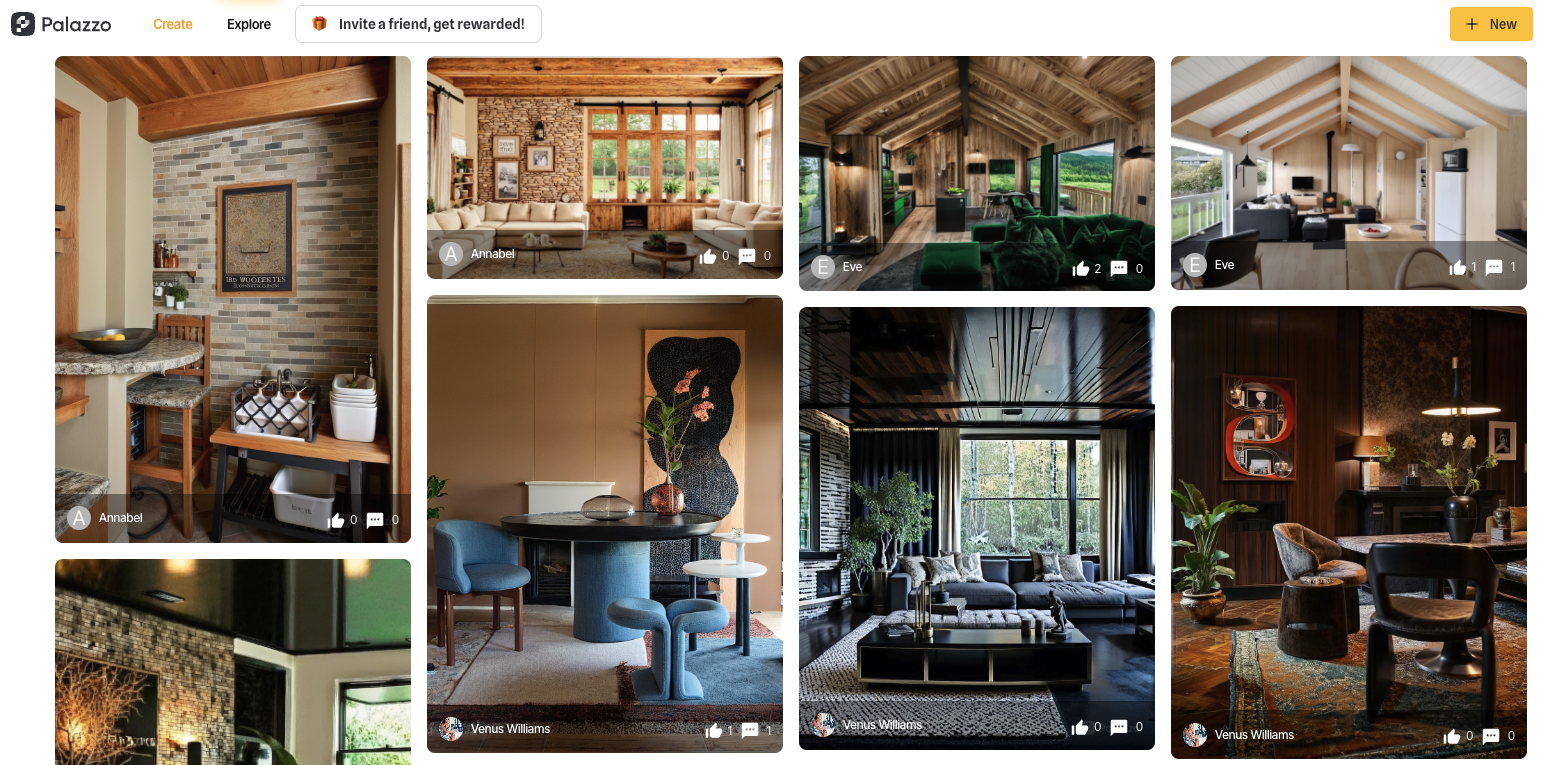Venus Williams brings her interior design skills to Palazzo, a new generative AI-powered platform
If you didn’t know legendary tennis player and seven-time Grand Slam winner Venus Williams had an eye for interior design, consider this your heads up. It’s been 22 years since she founded her interior design firm V Starr Interiors, and now Williams is entering the generative AI space with a new platform called Palazzo, which creates design ideas to help inspire people looking to revive their space.
Palazzo officially launched today and is available on the web. The company has plans to develop iOS and Android apps in the near future.
When users open the platform, they’re prompted to upload photos of the room they want to design, and Vinci, an AI-powered assistant, will generate an edited photo of the room. The AI analyzes the users’ input, so if they ask for a mid-century modern look, Vinci will churn out renderings with furniture, decor and color combinations that align with that style. (And yes, the AI assistant is named after the famous Italian artist you’re thinking of.)
Users can also upload an inspiration photo alongside their image, giving Vinci a better idea of what they want. They can enter multiple ideas and requests, instructing the AI to remove a couch from the design or change the wallpaper. As the user continues working with Vinci, they will learn their style and produce renderings that more closely fit their vision.
The number of free iterations that users can create is limited. Users only get 10 or so chances to make tweaks at no additional cost. Palazzo sells four different bundles, starting with $5 for 20 credits, $20 for 100, $40 for 250 and $75 for 500. Additionally, a referral program gives users five tokens every time someone is referred to the platform and makes an account.
The company is still experimenting with the model so this may change, co-founder Raffi Holzer tells TechCrunch.
Holzer is the former CEO and founder of Avvir, a platform for construction sites that was acquired by industrial tech company Hexagon in 2022. Also on Palazzo’s founding team is Edward Lando, Goody founder and early angel investor who has backed unicorns like Ramp, Mercury, Current, Spendesk, Truebill and others.
Another one of Palazzo’s offerings involves taking an “Aesthetic DNA” test, which asks a user to select from various room designs, ranging from super colorful wallpaper and rugs with flashy patterns to a more toned-down vibe with neutral tones and minimalistic artwork. The results of the quiz help the AI generate renders that are designed to speak to that aesthetic.
There’s an explore feed as well, encouraging users to engage with a community of creators with whom they can share their designs, collaborate and browse other user-generated content. And, of course, Palazzo lets users share their designs on social media platforms.
Williams has been hyping up Palazzo on X (formerly Twitter) since December, sharing her creations like this one:
Palazzo is currently powered by ChatGPT and Stable Diffusion, but the company will continue to add and revise the AI.
“We changed out the brain of our AI a number of times and will continue to do so as newer models pop up,” Holzer explains. “We’ve architected our system in such a way that we can kind of plug out a given model and plug in a new one pretty seamlessly, so whatever the cutting edge is, we provide the same user experience.”
The company says the training process involved creating a dictionary of industry-related terms and teaching the AI what the current furniture trends are. Williams uses the “cloud couch” fad as an example, the dreamy plush, oversized white couch that’s getting its viral moment on TikTok.
“When we first started, we had to teach the platform what [cloud couch] meant. They’re so popular right now,” Williams says during our interview. “So those kinds of things are definitely important from an industry standpoint and to really be on top of what people love and what’s trending. Last year, there was a big thing about the color peach that was trending… So being ahead of that curve and making sure that we’re teaching our language model what that means.”
Palazzo launched its beta in late December. There have been a few thousand users who signed up and are active monthly.
We tested the beta version, and while it isn’t perfect, Palazzo is easy to use, accessible and affordable, making it a handy inspirational tool for any consumer, regardless of their design skills.
“It’s fun and intuitive to use because it feels like you’re talking to a design assistant, but it also recognizes its limitations. It’s not here to replace the human relationship,” Holzer says.
These types of platforms aren’t new. Many retail giants are putting their hats in the generative AI ring, including Ikea, which, earlier this month, debuted its AI-powered home design assistant exclusively on the OpenAI GPT Store. Walmart announced in October 2023 that it was developing an interior design assistant that leverages generative AI and AR technology. Last summer, Wayfair launched its Decorify app.
While Palazzo doesn’t have a big-name brand to rely on for growth, it does have a tennis icon on its team with two decades of interior design knowledge to boot.
Palazzo has ambitious plans for its platform and wants to expand beyond generative AI-powered offerings. This includes shopping and checkout features, “enabling people to buy [similar] furniture and home decor from within the image that they create for themselves,” Holzer reveals. The company will bring on retail partners to include inventory on the platform for Vinci to suggest to potential customers. The capability is rolling out soon.
It also hopes to venture into other services beyond the design phase, like connecting consumers to home remodelers and other professionals.
“We see expanding into connecting people to home service providers that want to help execute the design visions they’ve created. So, whether that’s finding a designer to connect with or finding somebody to paint your room, then all of that’s on the table,” he adds.
Most notably, Palazzo is bringing in well-known interior designers and firms (like V Starr) to contribute designs on the platform and be compensated for their work.
“AI is known for ripping off creatives. If you’re a creative, you put your IP out into the world and that large language model will scan what you’ve created without your consent or even your knowledge and certainly without any remuneration. The model we’ve created here is this concept of a design imprint. So, if somebody wants to create their room in V Starr style, our design engine can produce that aesthetic within somebody’s space. But V Starr then gets compensated if any transactions are made on the platform,” Holzer shares.
“We’re pro-human touch. To me, I feel like AI is a tool for efficiency and creativity, but we still want the human interaction. I don’t think we can forget that in life,” Williams says.







